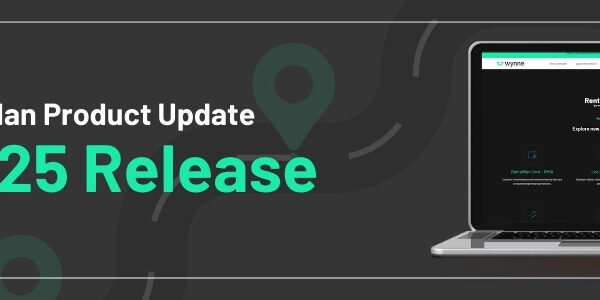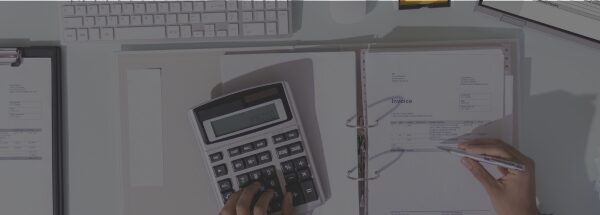
However, you manage your rental business you are almost certainly going to end up needing to accrue for rental charges at some point if you bill in arrears. Most ERP systems are used to the concept of accruals for purchase receipts not yet invoiced, for work order parts currently in progress and a host of other practical financial transactions.
Rental accruals tend to be a bit of a departure from the norm for a non-rental ERP system. How, for example, should you accrue for something that has only been out on rent for 4 days but is on a monthly rate calculation? What do you do if the rental contract is open-ended, and what should you do if it already has an estimated off-rent date on it. These are the kind of questions that need to be dealt with by complex business logic and code. Your accrual transaction needs to be able to identify what to accrue for and what to leave on one site.
I spent a long time with one business where the ERP struggled with an accrual that included different time periods for different pieces of equipment on the same contract. All had separate expected off-rent dates and the traditional ERP system simply couldn’t cope with asset level accruals and was trying to summarize the data. The end result was that the accruals were simply wrong and the finance team got very frustrated trying to make sense of the data in the GL.
For a lot of companies, rental accruals are also not just something that is needed at the end of the month. For a lot of companies having an accrual produced daily gives a really good set of data to their locations and salespeople to understand the current billing position. I have lots of customers who run daily accrual reports without posting to the GL purely to get a really accurate idea of how their business is doing against their monthly target revenues. This is something that generic ERPs cannot always deliver on.
If you happen to be one of the rare rental companies that manage to get its customers to pay in advance, then you have to consider just how to deal with early returns and revenue recognition. It’s no good if you have to manually manipulate your data in the GL, you need your ERP system to automatically split out future charges from the current period and auto-credit into the nearest open period should the customer return early.
As with many of the processes that finance teams go through in a rental business, leaving these types of discussion to chance or simply assuming that a generic big ERP will simply be able to accomplish them is likely to prove costly. Make sure that if you’re putting together an RFP for an ERP solution, you pull out these very specific industry practices and make sure you require detailed answers as part of your selection process. Don’t make assumptions, because these are not standard processes for generic ERPs.
For more on a rental ERP versus a broad-spectrum ERP, read this executive white paper.




